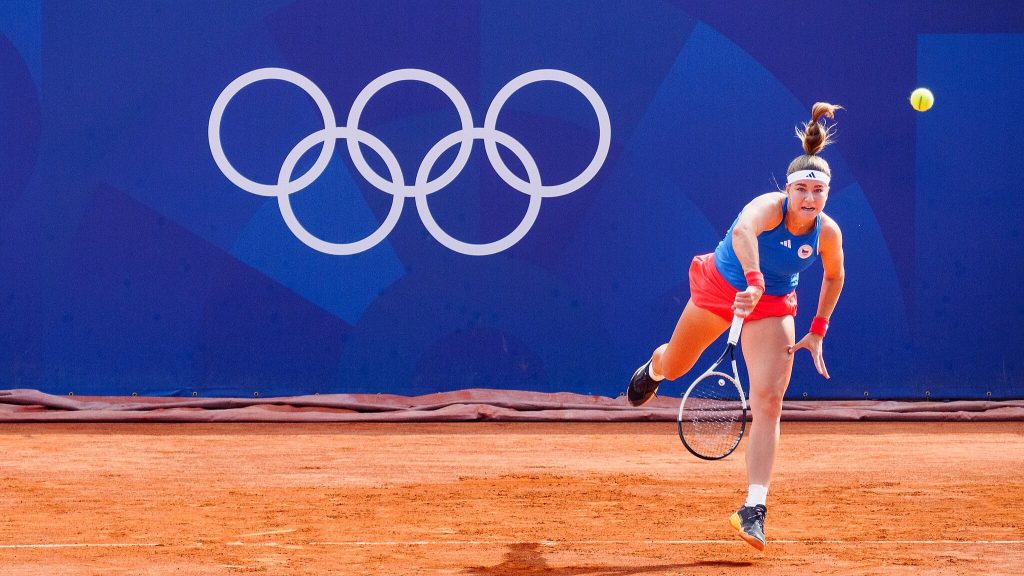The U.S. Olympic and Paralympic Committee has banned transgender women from women’s sports.
Others are reading now
The U.S. Olympic and Paralympic Committee (USOPC) has quietly introduced a new policy banning transgender women from participating in women’s sports categories.
Immediate Effect
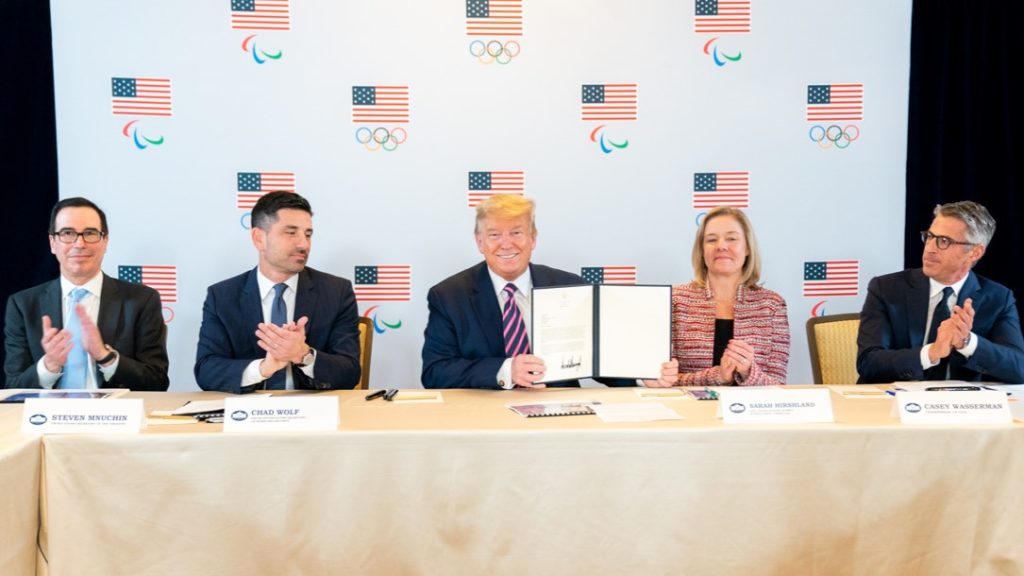
The policy update—buried in a recent revision of the Athlete Safety Policy—was made public only through online documentation dated from June, but it took effect immediately.
According to Newsner, while the move has not been formally announced in a press release, it comes in direct response to Executive Order 14201, signed by President Donald Trump in February.
“Keeping Men Out of Women’s Sports”
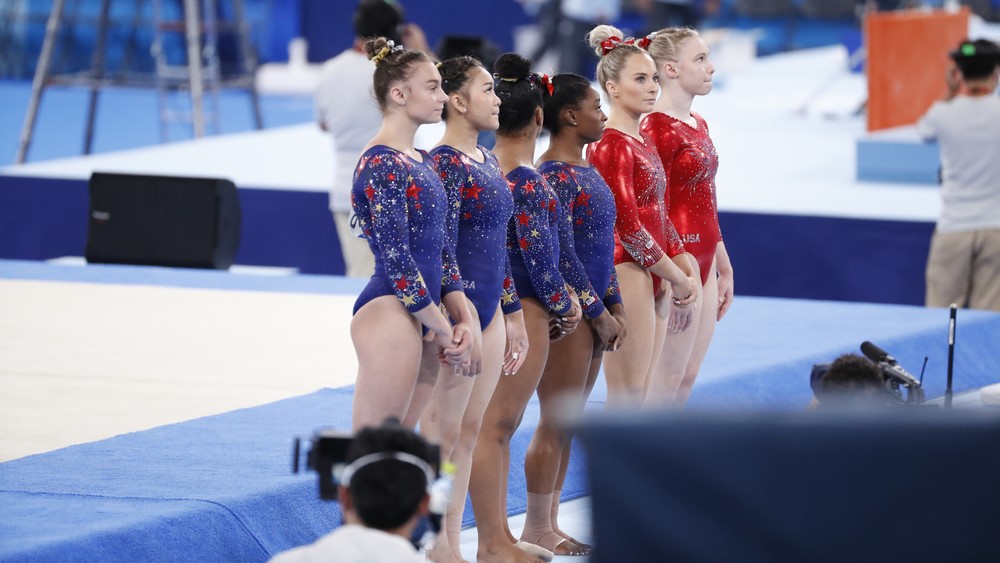
This executive order, titled “Keeping Men Out of Women’s Sports,” explicitly mandates federal institutions and organizations, including the USOPC, to restrict sports categories by biological sex.
It argues that allowing transgender women to compete against cisgender women is “demeaning, unfair, and dangerous.”
Also read
Federal Compliance Overrides Previous Flexibility
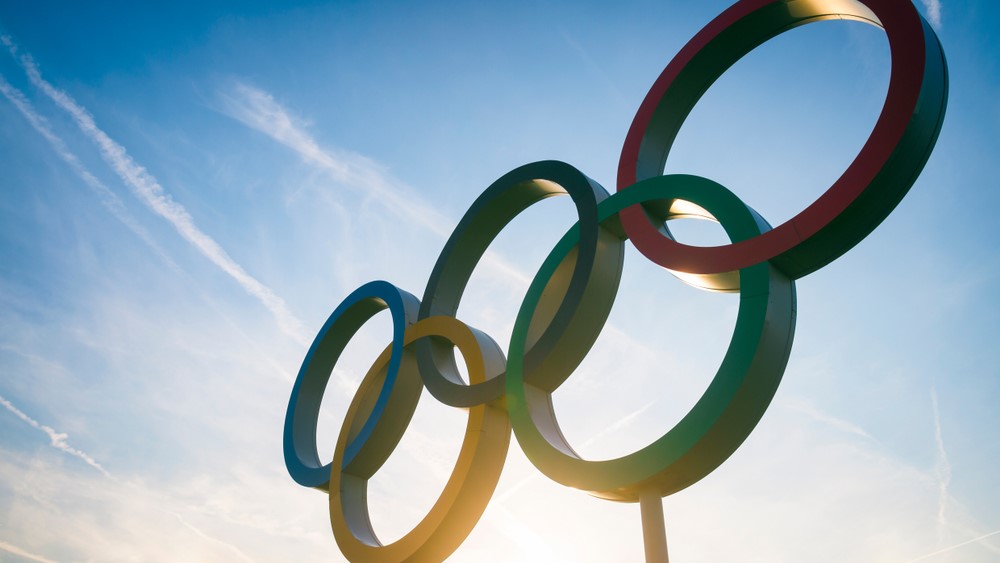
Until now, transgender participation rules were left largely to individual national governing bodies (NGBs) within each sport, allowing them to develop policies based on International Olympic Committee (IOC) guidelines and emerging research.
That flexibility is now gone.
The USOPC’s new framework mandates full compliance across all Olympic-affiliated sports, centralizing eligibility control under the federal government’s direction.
In a joint internal memo, USOPC CEO Sarah Hirshland and President Gene Sykes wrote: “As a federally chartered organization, we have an obligation to comply with federal expectations, including those outlined in Executive Order 14201 and the Ted Stevens Olympic & Amateur Sports Act.”
No Timeline for Enforcement
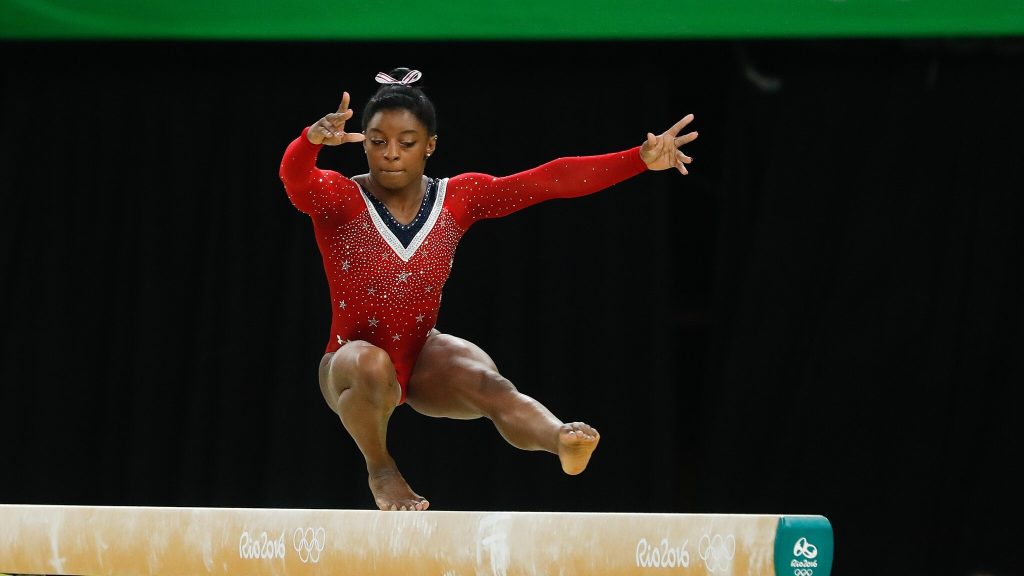
It is still unclear whether this policy will be in effect for the 2028 Summer Olympics in Los Angeles.
Also read
Several legal experts argue that the current update could be reversed or altered before then, depending on the results of the 2026 election or pending litigation.
Advocacy groups have already indicated plans to challenge the ban, citing federal protections under Title IX and constitutional equal protection clauses.
Some Sports Already Have Restrictive Policies
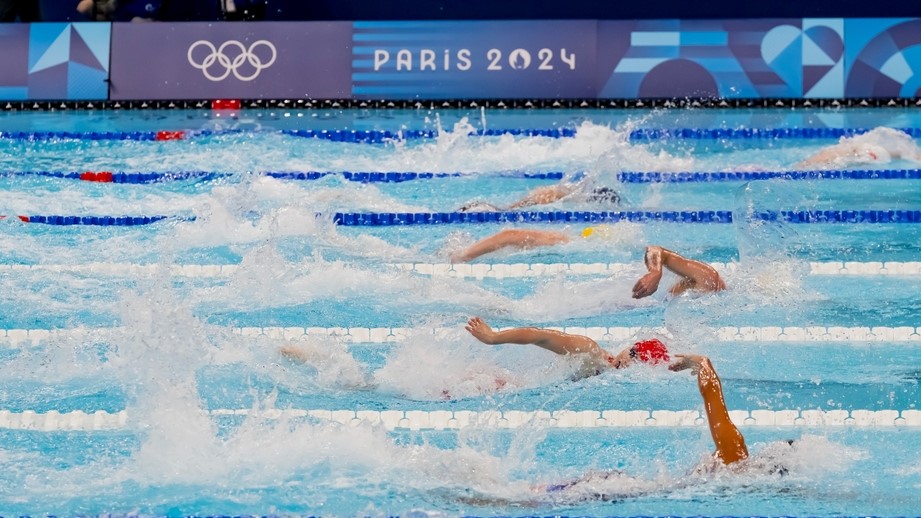
Despite the lack of formal timelines, most U.S. sports federations have already begun revising their eligibility requirements.
Some, like USA Powerlifting and USA Swimming, had adopted restrictive policies even before this federal intervention.
A Global Trend
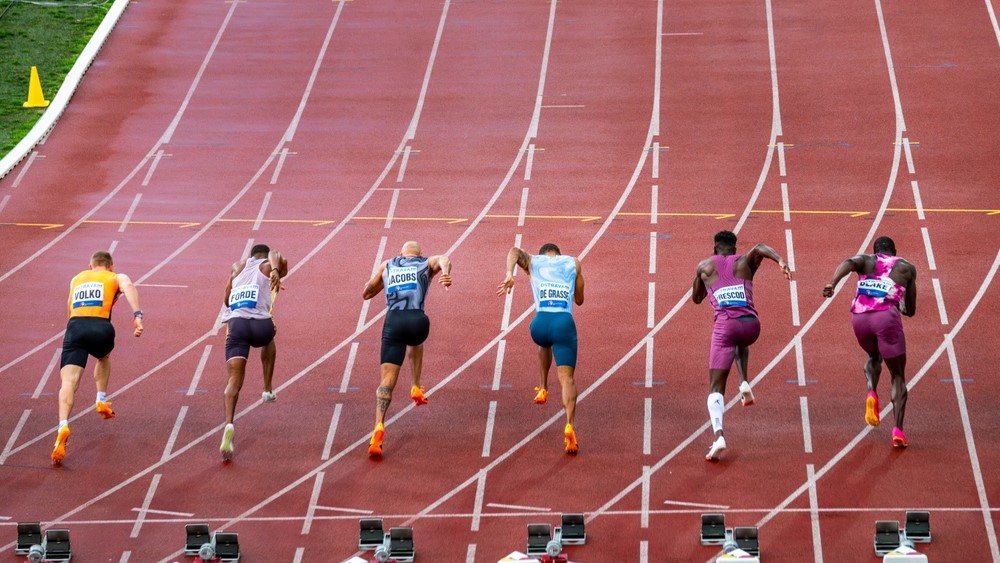
World Aquatics, World Athletics, and Fédération Internationale de Rugby (World Rugby) have all imposed stringent rules or outright bans on transgender women competing in elite women’s competitions.
Also read
These decisions are generally based on concerns about physiological advantages linked to male puberty—even when hormone therapy has been used.
So far, no transgender woman has ever won an Olympic medal for the U.S., but the symbolic nature of the policy has turned it into a major flashpoint in the ongoing cultural debate over trans rights and women’s sports.
Civil Rights Groups Push Back
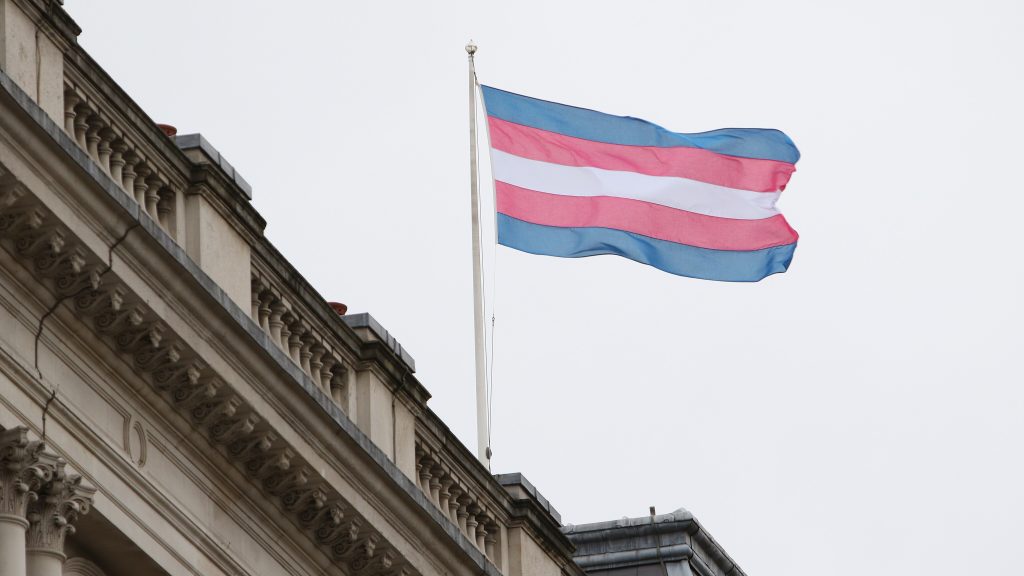
Civil rights organizations, including the Human Rights Campaign and the National Women’s Law Center, condemned the new policy, calling it discriminatory and politically motivated.
They argue that the number of openly transgender athletes in elite sports is statistically tiny, and such rules create “solutions in search of a problem” while targeting a marginalized group.
“It’s About Fear”
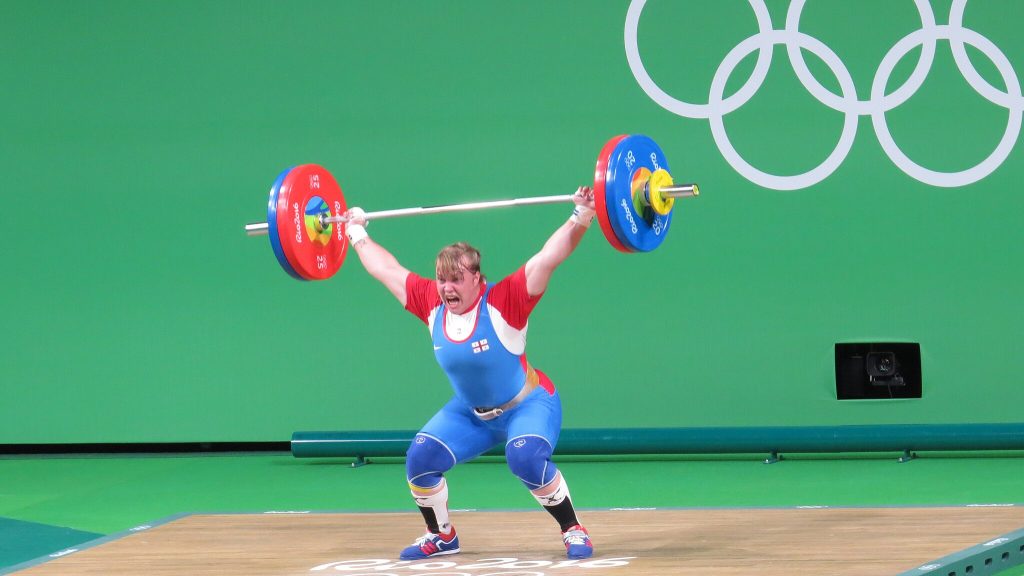
“This is not about fairness; it’s about fear,” said Sasha Buchert, an attorney with Lambda Legal.
Also read
“Instead of fostering inclusion, the USOPC is sending a chilling message that politics now trump science, fairness, and humanity.”
What Comes Next?
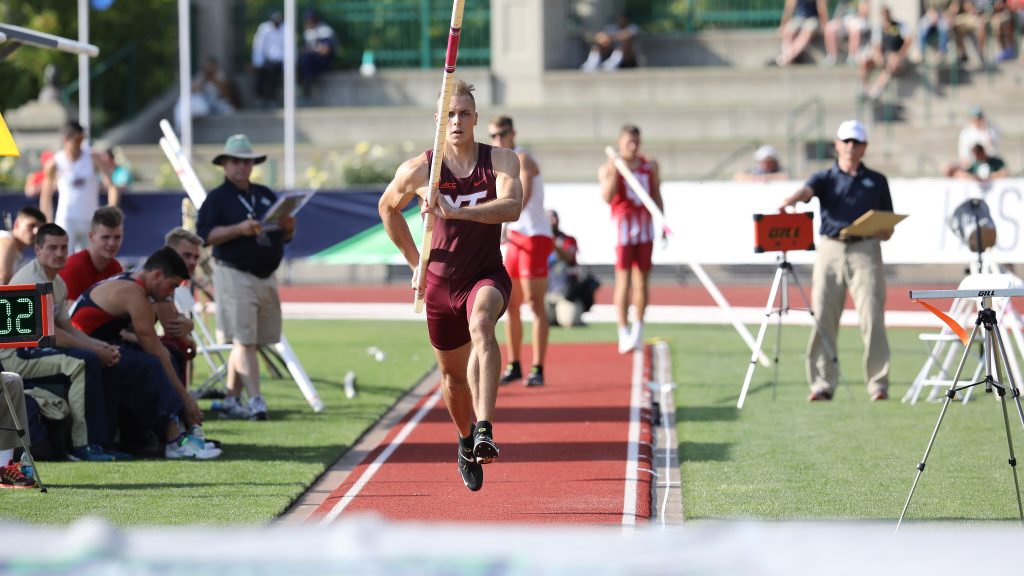
According to internal planning documents reported by Politico, all U.S. Olympic sports must submit revised eligibility policies by October 2025 or risk decertification.
The USOPC also plans to convene a working group with representatives from the IOC, International Paralympic Committee (IPC), and major national federations to “align future protocols with evolving standards.”
“A Victory for Women’s Rights”
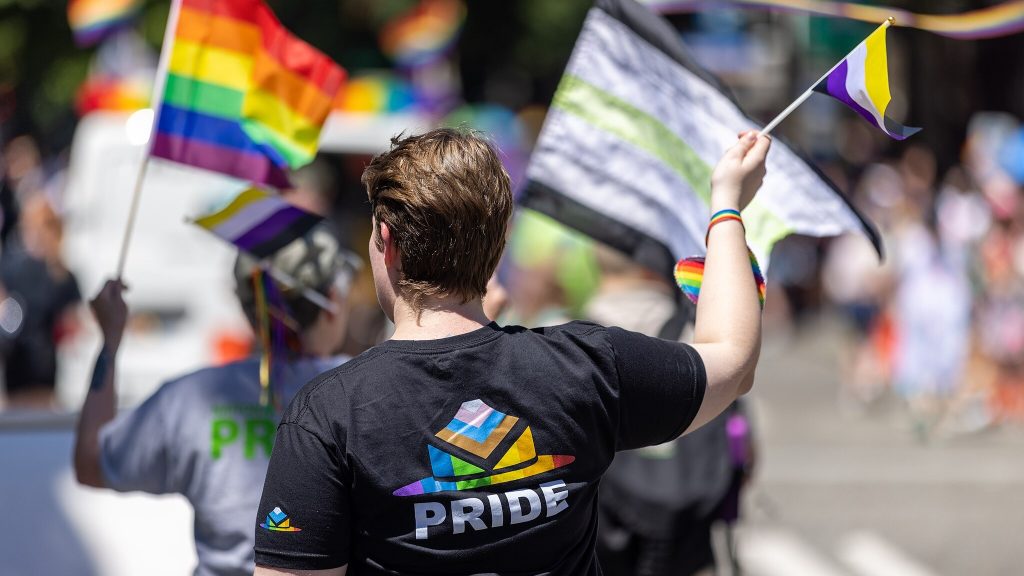
Meanwhile, conservative lawmakers have hailed the decision as “a victory for women’s rights”. Senator Marsha Blackburn (R-TN) called the ban “a long-overdue step to preserve the integrity of women’s sports.”
But the final legal status of this policy may ultimately lie with the courts.
Also read
A federal lawsuit filed earlier this year by two transgender athletes in New Hampshire is already making its way through the judicial system and could set an important precedent before the 2028 Games.

